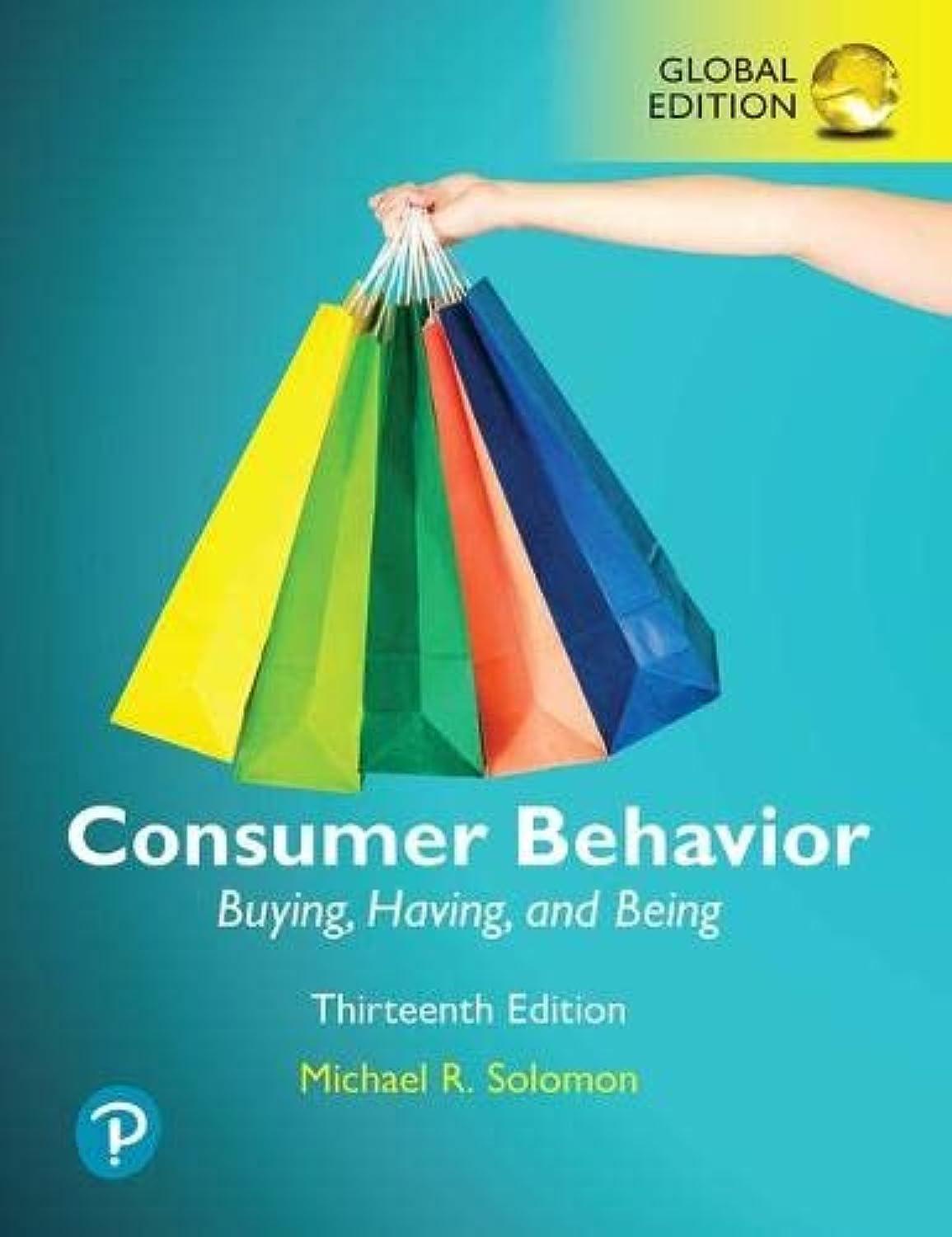According to a research article published in the Journal of Consumer Psychology oral activities like chewing gum
Question:
According to a research article published in the Journal of Consumer Psychology oral activities like chewing gum and eating popcorn may impair a consumer’s ability to remember advertisements or public messages.146 Most ads rely on the mere exposure phenomenon—repeating a powerful and memorable message so that a positive attitude towards the product is created in the mind of the consumer. A message reaches the consumer’s mind through prevocalizing the message and the consumer silently articulates the message to themselves. The research indicates that eating obstructs this pervasive effect of an ad. The mechanics of chewing means that the consumer creates an oral-motor interference. There are important messages for advertisers to learn if this is truly the case—they should avoid advertising when they know that people might be eating. For example, since selling food and beverage items in movie theatres actually undermines advertising effects, marketing teams could consider trying to prevent the sale of such products before a movie begins to achieve the best results when promoting a brand or product. In addition, marketers could avoid advertising around digital content. The consumer is pre-vocalizing the content they are interested in and ignoring banner ads. In such cases, advertising is made effective by interrupting the digital content. Do you think this means that the concept of mere exposure is no longer applicable as a concept and practice? How does this affect advertising?
AppendixLO1
Step by Step Answer:

Consumer Behavior Buying Having And Being
ISBN: 9781292318103
13th Global Edition
Authors: Michael R. Solomon





